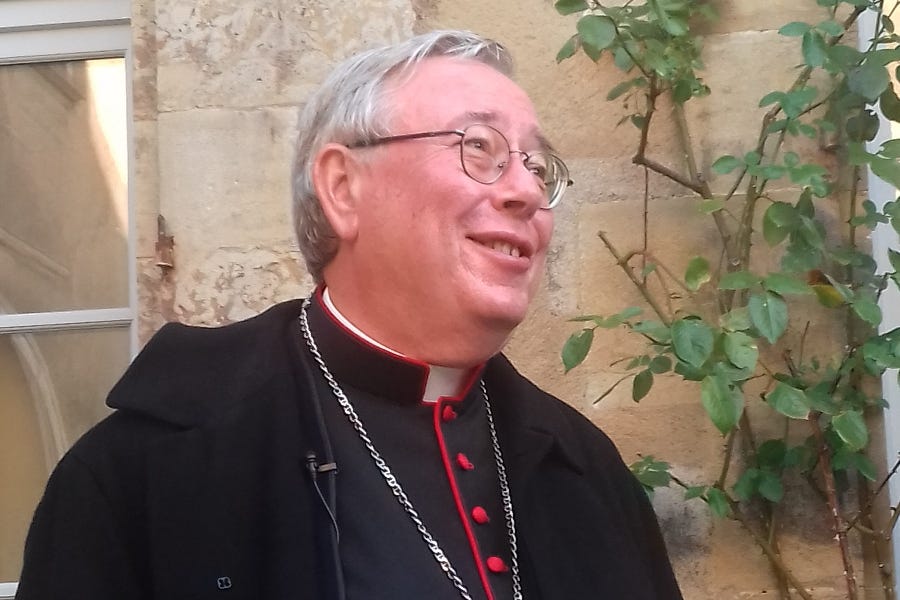Who is Cardinal Hollerich?
Analysis
He is the archbishop of one of the world’s smallest countries. But Cardinal Jean-Claude Hollerich is also one of Europe’s most influential Catholic leaders.
How did the 63-year-old Archbishop of Luxembourg attain such prominence? And how is he likely to influ…

